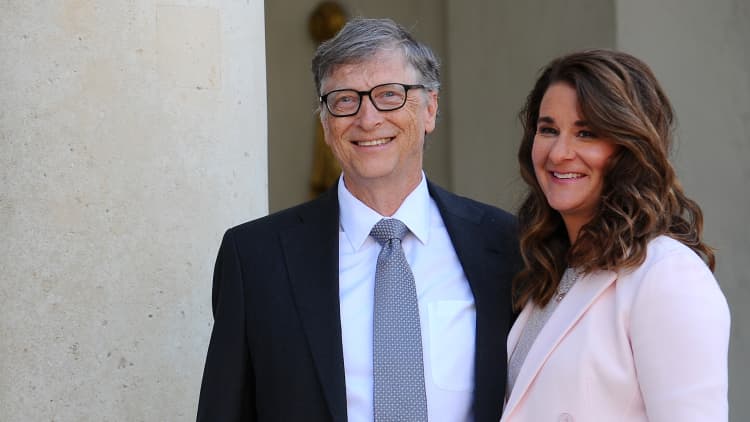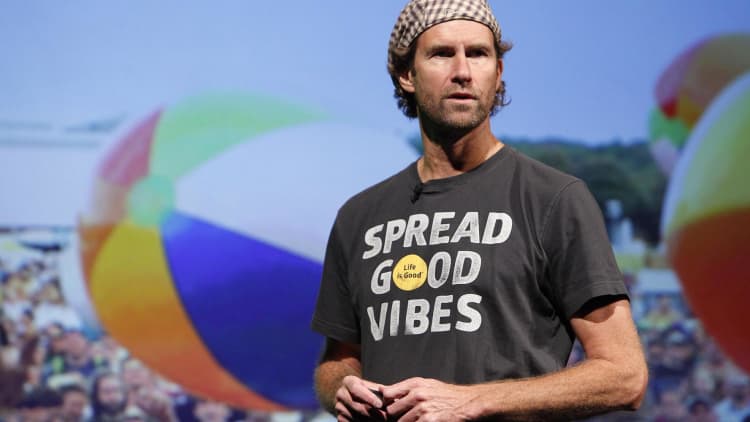Bill Gates can add a new accomplishment to his resume: serving as the first-ever guest editor of Time Magazine.
According to Gates, the issue he oversaw is all about optimism. "We've been working for the past few months on an issue that's all about something that seems to be sorely lacking these days: reasons to be optimistic about the future," he writes on his blog.
In one of his articles for Time, he shares his explanation for why the world seems to be down in the dumps.
"Reading the news today does not exactly leave you feeling optimistic. Hurricanes in the Americas. Horrific mass shootings. Global tensions over nuclear arms, crisis in Myanmar, bloody civil wars in Syria and Yemen. Your heart breaks for every person who is touched by these tragedies," he writes. "Even for those of us lucky enough not to be directly affected, it may feel like the world is falling apart."
However, Gates argues that the world is actually stronger than ever before. "These events — as awful as they are — have happened in the context of a bigger, positive trend," says Gates. "On the whole, the world is getting better."

The billionaire explains that statistics actually suggest that there are many reasons to be hopeful. "This is not some naively optimistic view; it's backed by data," he writes. "Look at the number of children who die before their fifth birthday. Since 1990, that figure has been cut in half. That means 122 million children have been saved in a quarter-century, and countless families have been spared the heartbreak of losing a child."
Gates also points to other indicators of progress including decreasing poverty rates, improved human rights for LGBTQ people and increasing representation of women in governments around the globe.
"I'm not trying to downplay the work that remains. Being an optimist doesn't mean you ignore tragedy and injustice," he explains. "It means you're inspired to look for people making progress on those fronts, and to help spread that progress."

According to Gates, news coverage and cultural shifts are to blame for the disconnect between pessimistic sentiments and evidence for hope.
"So why does it feel like the world is in decline? I think it is partly the nature of news coverage. Bad news arrives as drama, while good news is incremental — and not usually deemed newsworthy," he writes. "A video of a building on fire generates lots of views, but not many people would click on the headline 'Fewer buildings burned down this year.'"
"To some extent, it is good that bad news gets attention. If you want to improve the world, you need something to be mad about," he writes. "But it has to be balanced by upsides."
Like this story? Like CNBC Make It on Facebook!
Don't miss:



